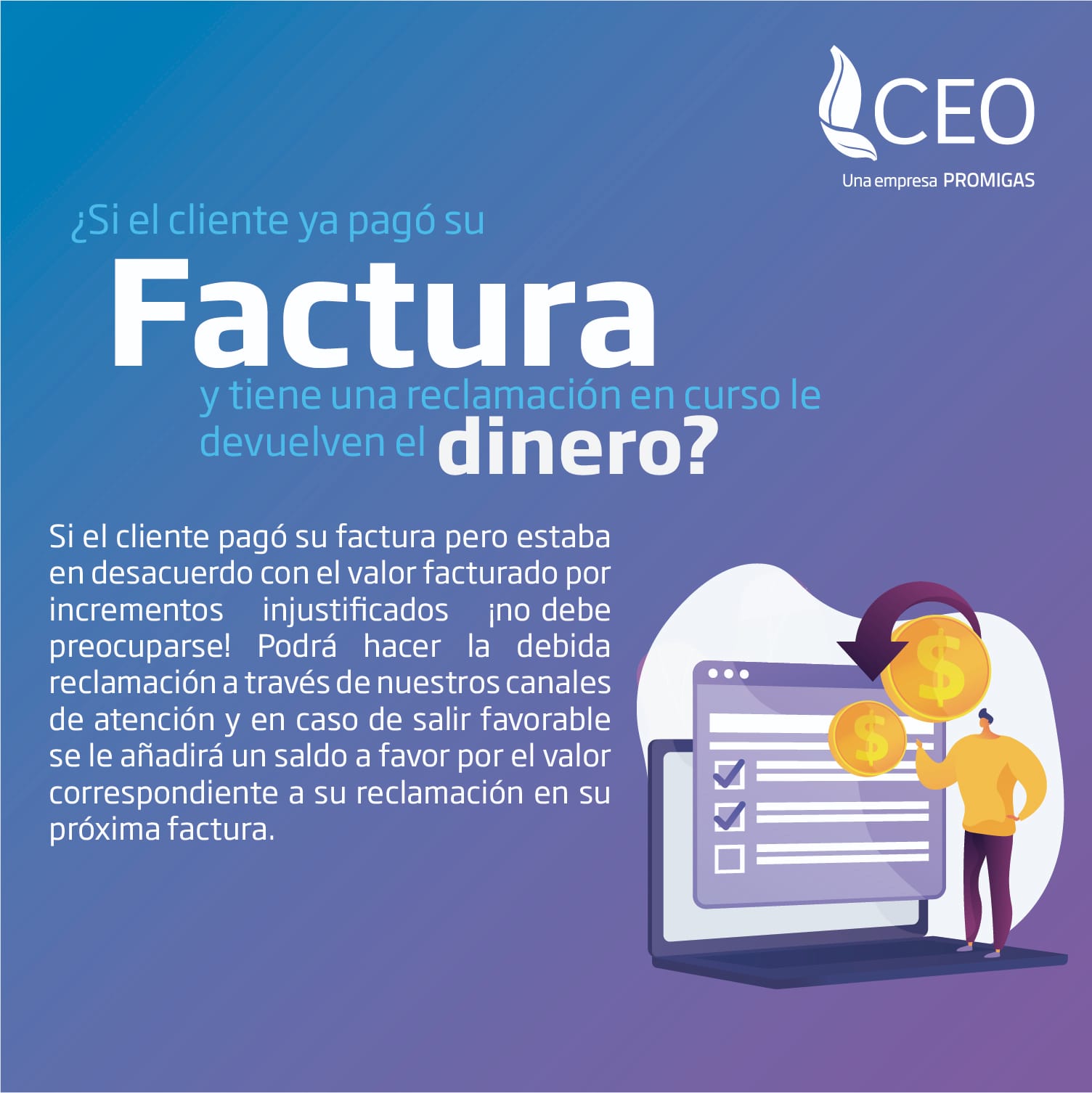Knowing how much money is coming in and going out allows you to anticipate potential shortfalls, make informed spending decisions, and secure funding when needed. Good accounting also helps you identify trends, spot potential problems early on, and capitalize on opportunities for growth. Investors also rely on accurate financial records to assess the viability of your business, so having your accounting in order can make all the difference when seeking funding. Simply put, strong accounting practices can be the difference between success and failure for a new business. If you’re unsure where to start, consider exploring FinOptimal’s resources on financial management and automation. For more in-depth information on accounting for startups, check out this helpful guide.
- If you invest a bit more in someone who knows what they are doing, it can save you headaches and money in the long run.
- Monthly reviews allow you to catch and address any issues before they become bigger problems.
- If you are going to be acquired by a publicly-traded company for hundreds of millions or billions, GAAP will be important.
- Ease of use is essential, especially if you’re not a finance expert.
- They can also help you determine the best accounting method for your specific situation.
Accounting and bookkeeping services for startups typically cost $500 to $5,000 per month, depending on your business size, transaction volume, and the level of service needed. Picking the right accounting and bookkeeping service for startups is about finding a partner that helps you grow smarter. Whatever your priorities, choose a service that scales with your growth.
Bookkeeping & Month End Close
We work with thousands of startups and small businesses, ranging from two founders in a garage to hundred-person teams. Customers will be given the choice to port their data or keep their service under new ownership, Charney told TechCrunch. Bench’s previous recommendation to file for a six-month extension with the Internal bookkeeping and payroll services Revenue Service to look for a new bookkeeper is no longer needed if customers decide to stay on, Employer.com confirmed.
What is the difference between bookkeeping and accounting?
Saumya has more than 11 years of professional experience, with more than 10 years of experience in business valuation. Saumya is also actively involved in recruiting, training and mentoring the talent at Knowcraft. Roochira is Accounting For Architects a seasoned professional with close to 7 years of experience in the valuations field.
- For example, if you’re not paying your employees’ payroll taxes, you could be charged with tax fraud.
- The best online bookkeeping for your business depends largely on your startup’s budget, bookkeeping needs, monthly expenses, and additional features you require.
- This provides a more accurate picture of your business’s financial health, especially if you offer credit to customers or have recurring subscriptions.
- While cash basis accounting might seem simpler in the early stages, accrual accounting offers a more accurate view of your finances and can be beneficial for tax planning.
- You can use simple and intuitive accounting software for startups to automate the accounting process and get an up-to-date view of your cash flow.
What is the best online bookkeeping for startups?
A solid foundation in accounting will set the stage for long-term success. Reach out through our contact form to learn more about how we can help you optimize your accounting processes. From the outset, accurate accounting helps you track finances, manage budgets, secure loans, and identify both problems and opportunities. Think of it as your financial GPS—it tells you where you are and helps you chart a course for where you want to go. Stripe’s guide for startups offers helpful insights into the fundamentals of startup accounting.
The bookkeeping process involves keeping track of business transactions and making specific entries. Accounting systems and bookkeeping software like FreshBooks have a chart that lists all your accounts payable and their categories. For example, you can post all sales to income accounts and cash outflows to expense accounts. Startups need to build a solid accounting foundation to stay organized, increase efficiency, obtain financing, control expenses and identify possible risks and opportunities for the business. Whether you hire an accountant or opt for other accounting software, you need to understand the basics of startup accounting.
Even if you’re handling your own bookkeeping initially, investing in robust accounting software is essential. A good accounting system streamlines processes, automates tasks, and provides valuable insights into your business’s financial performance. It’s much easier to start with a solid system than to try and retrofit one later, when your business has grown and your financial data is more complex. If you’re unsure where to start, reach out through our contact form to discuss your options. We can help you determine the best accounting system for your needs and guide you through implementation. When choosing, make sure the software supports accrual accounting and can generate reports that comply with Generally Accepted Accounting Principles (GAAP).
Connect with our industry experts to find out more about how New York State can help your business. Access seed and early-stage venture funding to move your startup from concept to commercialization. Take advantage of our array of programs and initiatives to help small businesses maximize opportunities for success.
SaaS Income Projection Model
From in-house accountants to virtual accounting services and cloud-based accounting software, the choices can be overwhelming. Yes, most online accounting services can handle tax filing for startups. They ensure compliance with tax laws, identify deductions, and file on your behalf.
Ledger Labs specializes in addressing the unique financial challenges startups face. They assist in company setup, tax compliance, 409A valuations, and detailed financial forecasting. With over 2,200 clients and an impressive record of 542,000+ service hours, Ledger Labs has built a reputation for expertise and reliability. Paro connects startups to top-tier accountants within 72 hours which is 20 times faster than traditional methods. Their strict 6-step vetting process ensures only 2% of candidates make the cut.
You’ll likely need to call in an accounting professional for the transition. But growing your new venture means starting with a foundation for a financially viable business. Tax preparers come in various forms, including Certified Public Accountants (CPAs), tax attorneys, Enrolled Agents (EAs), and other non-certified tax preparers. Each type brings different levels of expertise and consequently, different pricing ranges. CPAs and tax attorneys generally charge the highest fees due to their extensive training and experience.



 Llamar (2) 824 12 87
Llamar (2) 824 12 87